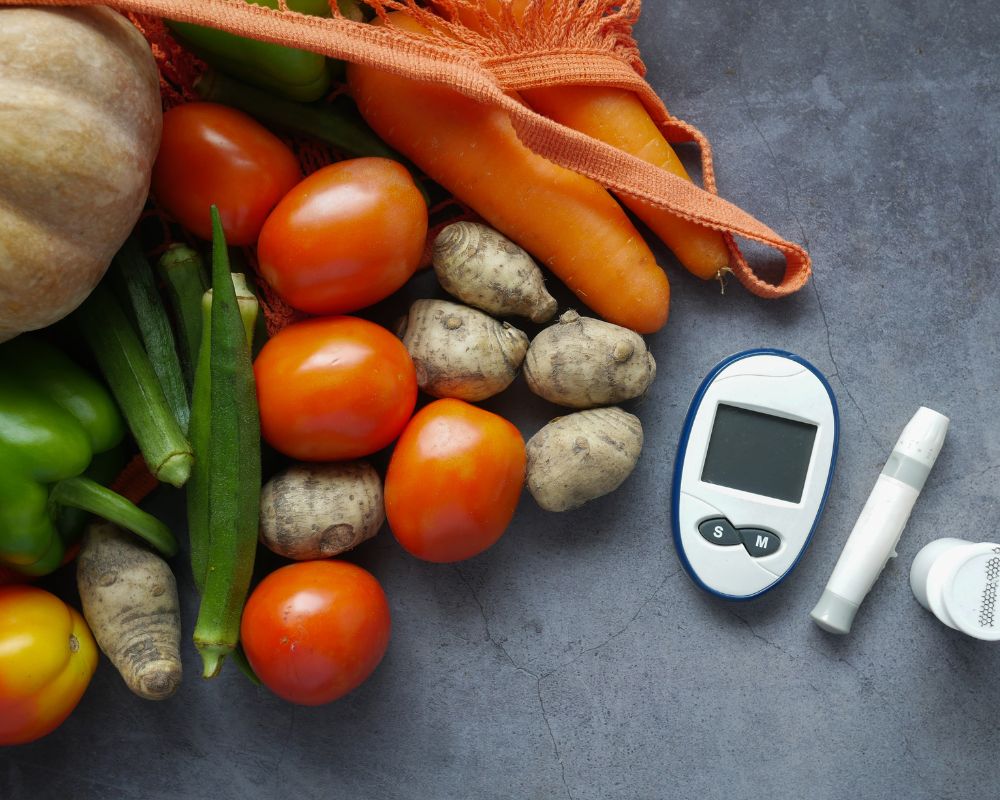10 Best Tips for a Healthy Heart You Can Follow Daily

Introduction
Your heart is the engine that keeps your body running — and just like any engine, it needs regular care and maintenance. Heart disease remains one of the leading causes of death worldwide, but the good news is that many heart problems are preventable with the right lifestyle choices. By making small, consistent changes in your daily routine, you can significantly reduce your risk and keep your heart healthy for years to come.
Here are the 10 best tips for a healthy heart you can easily follow every day.
1. Eat a Heart-Healthy Diet
What you eat has a direct impact on your heart’s health. Focus on including fruits, vegetables, whole grains, and legumes in your diet. These foods are rich in fiber, antioxidants, and essential nutrients that promote heart health.
Limit your intake of unhealthy fats, processed foods, sugary snacks, and excess sodium, as these can raise cholesterol levels and increase blood pressure. Opt for cooking methods like grilling, steaming, or baking instead of frying.
2. Exercise Regularly
Physical activity is one of the best ways to strengthen your heart. Regular exercise helps lower blood pressure, improve circulation, and manage weight.
Aim for at least 30 minutes of moderate activity — like brisk walking, cycling, or swimming — on most days of the week.
Even simple habits such as taking the stairs, walking during phone calls, or doing light stretches during breaks can make a big difference.
3. Maintain a Healthy Weight
Excess weight puts extra strain on your heart and increases your risk of high blood pressure, diabetes, and heart disease.
Focus on achieving and maintaining a healthy Body Mass Index (BMI) through a balanced diet and regular exercise.
Avoid crash diets; instead, adopt sustainable habits like portion control, mindful eating, and choosing nutrient-dense foods.
4. Quit Smoking and Limit Alcohol
Smoking damages your blood vessels, reduces oxygen in your blood, and greatly increases your risk of heart disease. Similarly, excessive alcohol intake can raise blood pressure and lead to heart rhythm problems.
If you smoke, seek professional help or join support programs to quit.
For alcohol, moderation is key — no more than one drink per day for women and two for men is generally recommended.
5. Prioritize Sleep and Stress Management
Your heart needs rest just as much as your mind and body. Lack of sleep and chronic stress can elevate blood pressure and increase your risk of heart disease.
Aim for 7–8 hours of quality sleep each night.
To manage stress, try relaxation techniques like yoga, meditation, deep breathing, or listening to music. Taking short breaks and spending time with loved ones can also help reduce mental strain.
6. Monitor Blood Pressure and Cholesterol
High blood pressure and cholesterol often have no symptoms but can silently damage your heart over time.
Schedule regular health screenings to keep track of these vital numbers.
Reduce sodium intake, stay physically active, and choose healthy fats — like those found in olive oil, avocados, and nuts — to maintain healthy levels.
7. Stay Hydrated
Water helps your heart pump blood more easily and supports overall circulation.
Drink 6–8 glasses of water daily, or more if you’re active or live in a hot climate.
Limit sugary drinks and high-caffeine beverages, which can contribute to dehydration and strain the heart.
8. Include Lean Protein
Protein supports muscle repair and overall cardiovascular health. Choose lean sources like fish, skinless poultry, beans, lentils, and nuts.
Fish rich in omega-3 fatty acids — such as salmon, tuna, and sardines — are particularly beneficial for lowering cholesterol and reducing inflammation.
9. Control Portion Sizes
Even healthy foods can contribute to weight gain if consumed in large amounts.
Overeating increases calorie intake and puts stress on your digestive and cardiovascular systems.
Practice mindful eating by using smaller plates, eating slowly, and avoiding distractions while eating. Listen to your body’s hunger and fullness cues.
10. Schedule Regular Health Checkups
Preventive care is key to long-term heart health. Regular checkups help detect early signs of heart disease or related conditions such as diabetes and hypertension.
Consult your doctor for routine screenings, blood tests, and ECGs, especially if you have a family history of heart disease. Early detection can save lives.
Conclusion
Taking care of your heart doesn’t have to be complicated. By following these 10 simple yet powerful tips, you can protect your heart and enjoy a longer, healthier life.
Start small — replace one unhealthy habit at a time, stay consistent, and celebrate your progress. Remember, your daily choices shape your future heart health.
Sign up our newsletter to get update information, news and free insight.
Latest Post

Diabetes Diet Guide: Foods to Avoid and What to Eat Instead

How to Prevent and Manage Diabetic Foot Problems

10 Best Tips for a Healthy Heart You Can Follow Daily

Diabetic Diet for Beginners: Simple Steps to Start Eating Healthy

Top 5 Diabetes Diagnostic Tests You Should Not Skip

Top 5 Lifestyle Tips to Manage Diabetes – Advice from Quest Diabetic Clinic

Schedule Your Appointment Today for Expert Care!
Easily schedule your appointment with Quest Diabetic Clinic and Diagnostic Center by calling us or using our online booking system. Choose your service, pick a convenient time, and provide your details for a smooth, hassle-free experience. We’re here to support your health journey!
+(91) 89727 75902
Book an Appointment
Scheduling your care has never been easier—just a few clicks and you’re all set.
Choose your time, your provider, and get the care you need, hassle-free.
